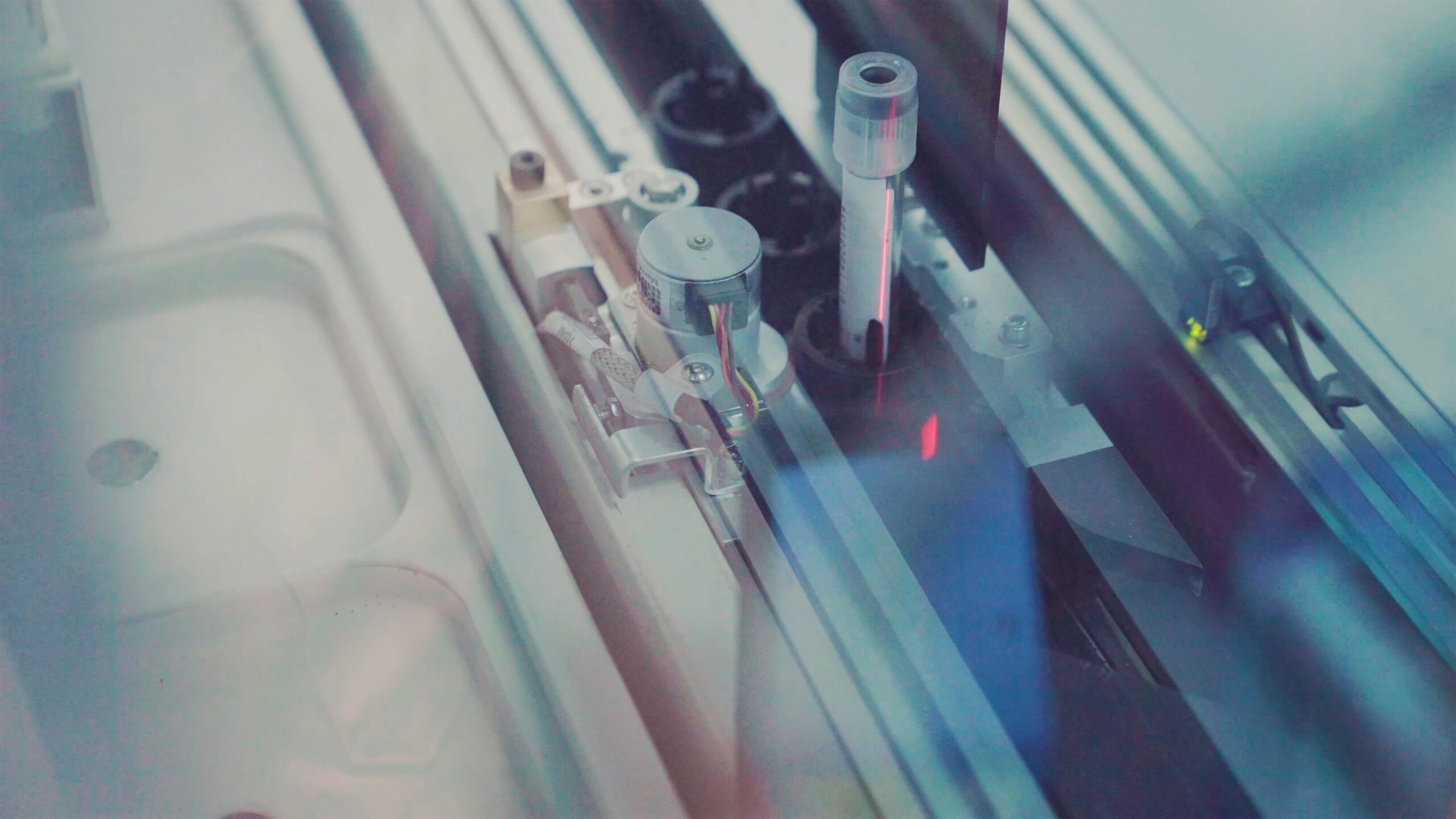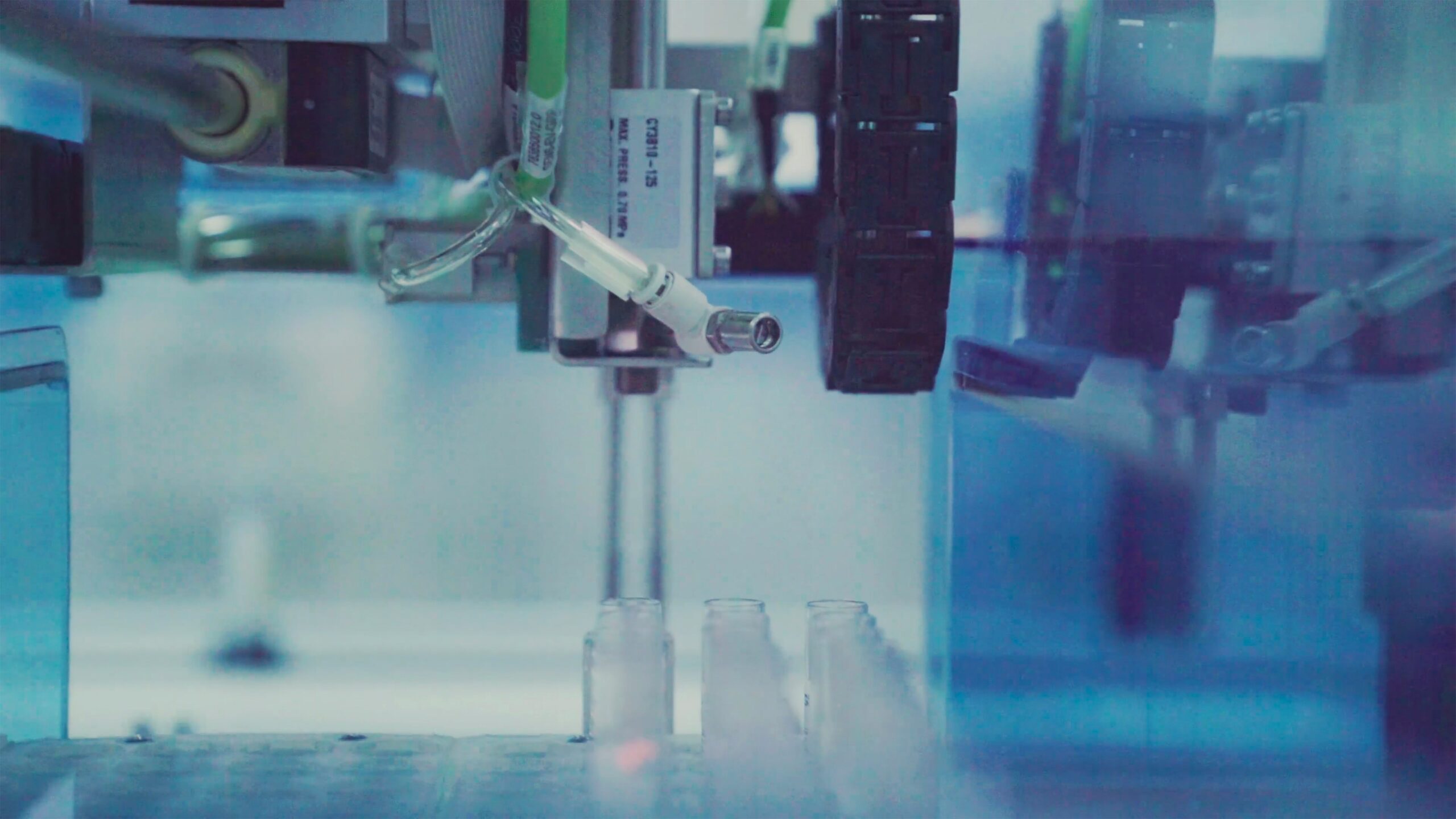Modern manufacturing companies face numerous challenges in terms of increasing efficiency, optimizing costs and minimizing the risk of errors. This forces them to constantly look for innovative solutions, in which the automation of processes and workstations remains the key and one of the most promising tools that bring tangible benefits. Observing today’s market, it is clear that more and more enterprises from various industries are beginning to notice and successively use the enormous potential of technology. In this context, manufacturers of production automation machines play a key role by providing innovative solutions that revolutionize production processes.
Save time and resources
One of the main reasons why production automation is becoming an increasingly important factor in the competitiveness of companies is the enormous savings in time and resources. Machines and automatic systems are designed for continuous operation with constant efficiency and high precision, which is impossible to achieve with the work of human hands during traditional manual processes. The implementation of automation allows you to shorten production cycles, which has a direct impact on increasing the plant’s efficiency and profitability.
Elimination of human errors
Many stages of the production process consist of time-consuming, tedious and monotonous activities. When performing them manually, even with the greatest care, a person is still exposed to fatigue and, therefore, greater susceptibility to errors. Meanwhile, process automation reduces the human factor, reducing the risk of making costly mistakes, which is extremely important, especially in industries requiring the highest precision. The machines not only work continuously, but also maintain the expected accuracy and repeatability, which ensures uniform quality of the final products. This, in turn, translates into customer satisfaction and a positive brand image on the market.
Reduction of operating costs
The implementation of automation contributes to reducing production costs on many levels. Firstly, the above-mentioned elimination of human errors results in a reduction in the number of defective products, which translates directly into lower costs related to production losses or complaints. Secondly, to operate machines and automated stations, one operator is usually enough, whose task is most often reduced to purely logistic and supervisory tasks, while manual processes often require the involvement of several employees at the same time.
Safe working environment
Eliminating some manual processes reduces the risk of accidents or harmful effects on employee health. The machines are equipped with advanced control and monitoring systems, which significantly increases the safety of production areas.
Adaptation to market requirements
Today, production flexibility is one of the most important demands and success factors of companies operating in many different industry sectors. Process automation allows for quick adaptation to new market conditions through efficient reprogramming of machines, rearming stations and adapting them to new products and production processes.
Automation of processes and workstations is an investment in the long-term development of the company. Despite the initial costs, these solutions can generate a relatively quick return on investment, especially when you take into account operational savings and improvements in production efficiency and productivity. In today’s highly competitive and dynamic business environment, automation is a key element of company development strategies and a way to stay ahead of market competition.

Tomasz Krajewski
CEO





